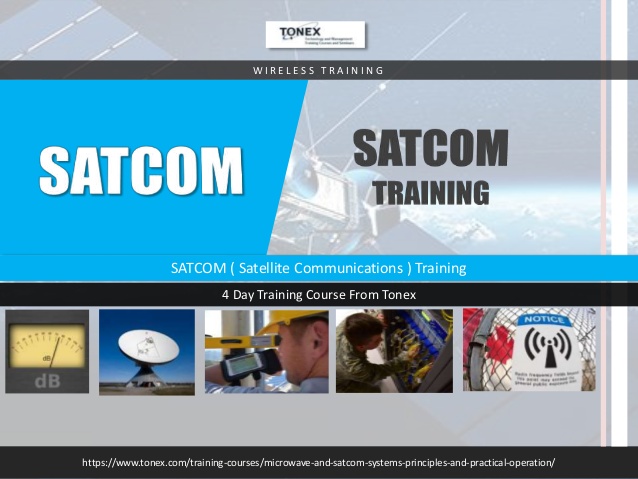Learning Objectives :
Fundamental RF principles and hypothesis
Reception apparatuses: principles, development, attributes
Reception apparatus types, their execution and tradeoffs
Reception apparatuses in Microwave and SATCOM systems
The electromagnetic range: frequencies, applications, qualities
Fundamental RF gear acclimation
How Radio connections work and the contemplations for operation
RF Link Budgets and their utilization for structure and investigating
Establishment and change of microwave and SATCOM systems
Arrangement, execution confirmation, investigating
RF Safety contemplations and relevant necessities for risk evasion
RF Safety estimations and checking
Operational issues – investigating and fix/correction
Essential hardware audit (supplement)
The most effective method to do connect estimations all the more effectively utilizing Decibels (DB)
Classes of Satellites and their applications
Satellite Orbit types and their tradeoffs
Satellite Link execution, normal issues and amendments
Earthly Microwave systems execution, normal issues
Course Outline:
RF Introduction
Working in Decibels
Fundamental Electronics Refresher (optional)
Link Budget, Link Design, Link Performance
Modulation
Noise, Distortion, Interference and Intermodulation
System Installation and Antenna Alignment
Satellite Communication Systems
Terrestrial Microwave Systems
RF Safety
Demonstrations/Labs:
Request more information regarding SATCOM training, SATCOM course, ,satellite communications training and satellite communications course.

Comments
Post a Comment